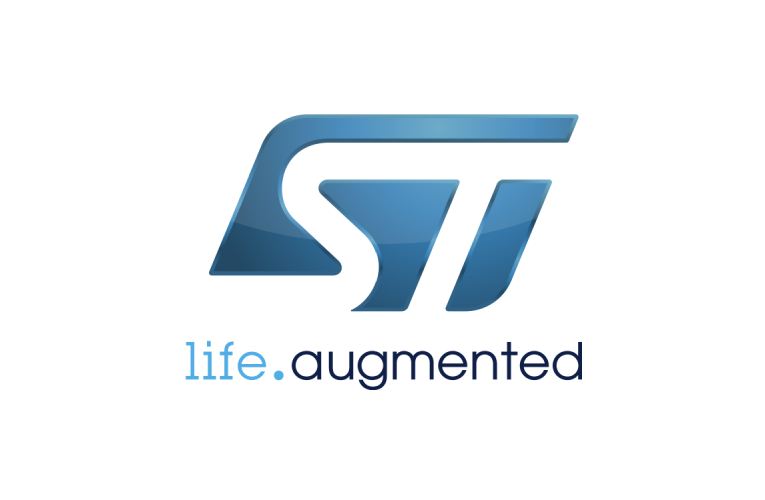
STMicroelectronics has collaborated with Hyundai Autron to outfit and open a joint development lab in Seoul, Korea. The Autron-ST Development Lab (ASDL) provides an environment for engineers from both companies to collaborate on pioneering solutions for eco-friendly vehicles, with a focus on powertrain controllers.
Bolstering the competitive edge of both ST and Hyundai Autron, the ASDL builds on the cooperation in place for more than 5 years and strengthens and accelerates the efficiency of developing next-generation products for automotive customers to meet challenging quality and performance requirements.
"The joint development lab with Hyundai Autron builds on the success of our initial collaboration on automotive electronic control systems and advances our vision for the near future of Smart Driving,” said Jerome Roux, Executive Vice President, Sales & Marketing for Asia Pacific, STMicroelectronics. “We are excited to continue our strong collaboration with Hyundai Autron supporting the achievement of their goals using ST’s extensive semiconductor technology and expertise for automotive applications.”
Hyundai Autron was first launched in 2012, as a controller, software, and semiconductor R&D wing of Hyundai Motor Group. It has developed semiconductors for powertrain controllers and battery management controllers, designed into high-volume Hyundai vehicles such as the Elantra. In this domain, Hyundai Autron and ST have jointly developed a semiconductor for Valve Controlled Injection[1] (VCI), used in the Hyundai Kona. Hyundai Autron has also been expanding its R&D efforts to support the increased demand for eco-friendly vehicles, self-driving cars and connectivity technology.
With increasing demand for safer, greener, and more connected vehicles, the requirement for automotive semiconductors is expected to grow continuously. Propelled by electrification and commercialization of assisted-driving features in volume, with autonomous driving coming in the longer term, the number of semiconductors used in a single car is expected to increase significantly.

